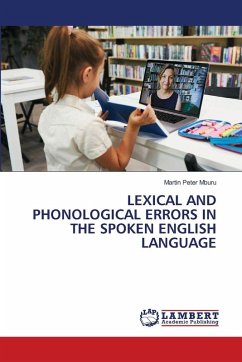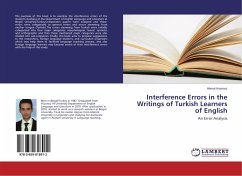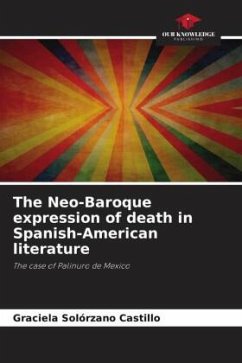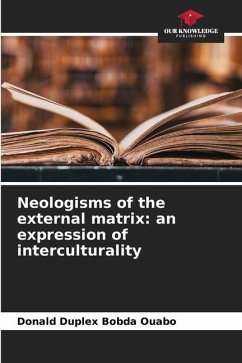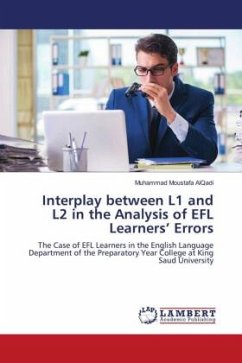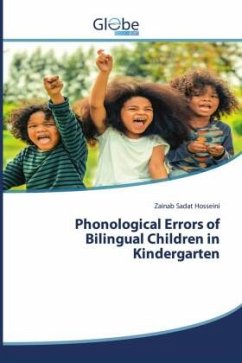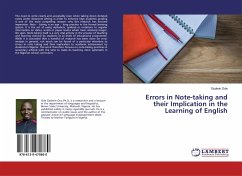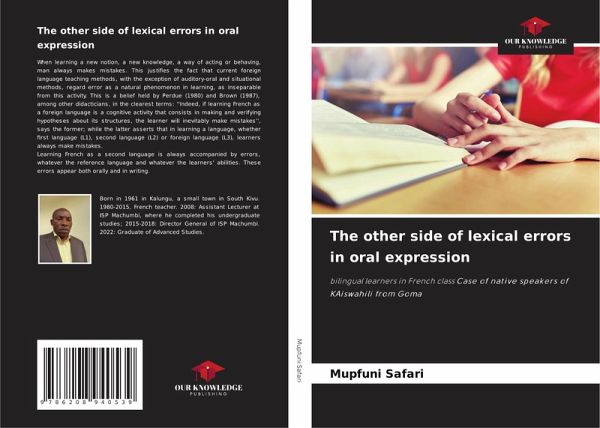
The other side of lexical errors in oral expression
bilingual learners in French class Case of native speakers of KAiswahili from Goma
Versandkostenfrei!
Versandfertig in 6-10 Tagen
53,99 €
inkl. MwSt.

PAYBACK Punkte
27 °P sammeln!
When learning a new notion, a new knowledge, a way of acting or behaving, man always makes mistakes. This justifies the fact that current foreign language teaching methods, with the exception of auditory-oral and situational methods, regard error as a natural phenomenon in learning, as inseparable from this activity. This is a belief held by Perdue (1980) and Brown (1987), among other didacticians, in the clearest terms: ''Indeed, if learning French as a foreign language is a cognitive activity that consists in making and verifying hypotheses about its structures, the learner will inevitably m...
When learning a new notion, a new knowledge, a way of acting or behaving, man always makes mistakes. This justifies the fact that current foreign language teaching methods, with the exception of auditory-oral and situational methods, regard error as a natural phenomenon in learning, as inseparable from this activity. This is a belief held by Perdue (1980) and Brown (1987), among other didacticians, in the clearest terms: ''Indeed, if learning French as a foreign language is a cognitive activity that consists in making and verifying hypotheses about its structures, the learner will inevitably make mistakes'', says the former; while the latter asserts that in learning a language, whether first language (L1), second language (L2) or foreign language (L3), learners always make mistakes.Learning French as a second language is always accompanied by errors, whatever the reference language and whatever the learners' abilities. These errors appear both orally and in writing.



